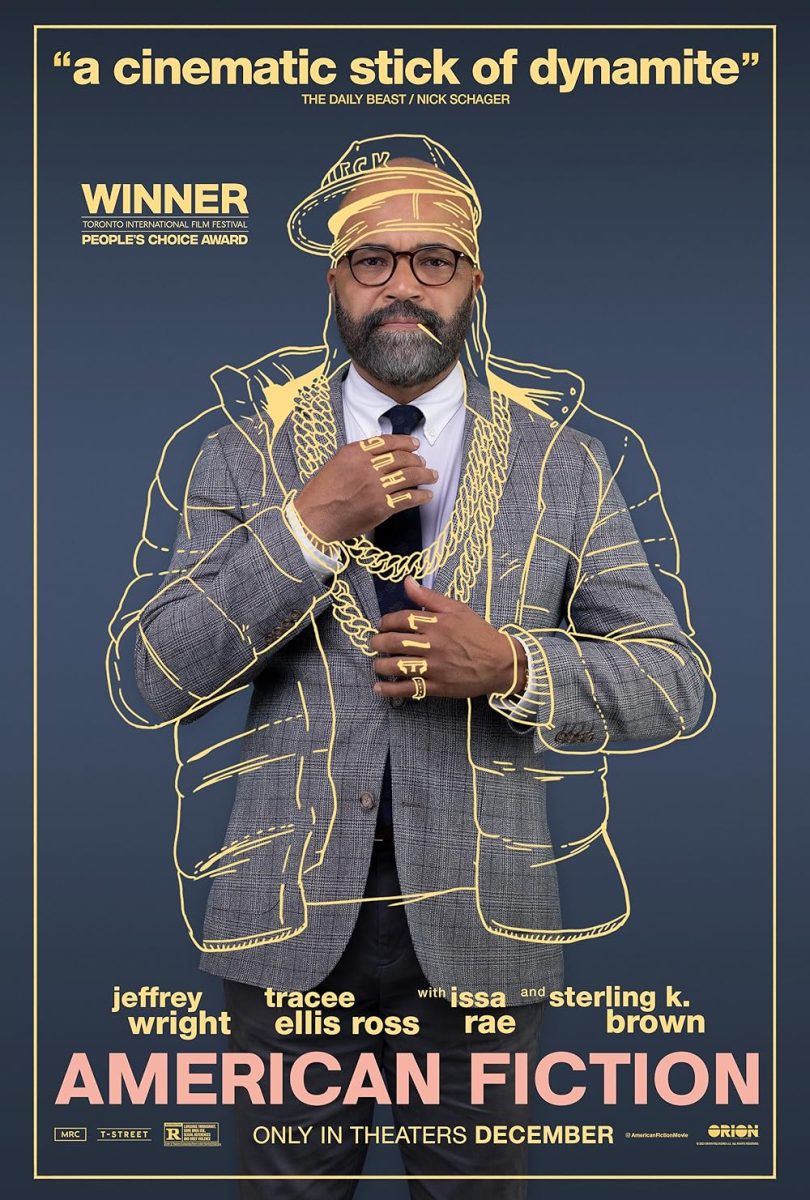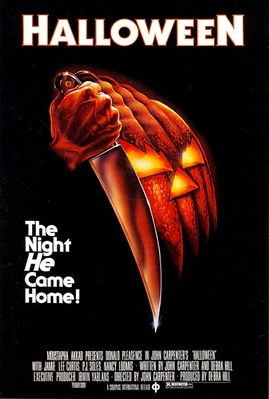When “American Fiction” hit the theaters and box office last September, the film stirred controversy, underlining the question, “Who gets to define Blackness?”
Directed by Cord Jefferson, the 2023 film does a good job of making viewers question a common narrative surrounding the Black experience in America by depicting many different types of Black experiences.
In films and books, oftentimes “blackness” is restricted to tropes of Black trauma and stereotypes. At least, that’s what main character Monk (Jeffery Wright) believes, which makes him the perfect antagonist in this movie.
After years of writing books about philosophy and mythology, one bold encounter with a student about racial issues puts Monk on administrative leave. Throughout his time off, he finds that white publishers push offensive stereotypes of African Americans through “blaxploitation,” glorifying trauma and violence in the Black community. This genre seems to sell very well, so Monk writes a book mimicking blaxploitation under a different pen name for secrecy, and the book sells insanely better than his other books. Monk changes the title to just the “F word” (fully written out) in an attempt for publishers to drop his book. His joke backfires when the publishers excitedly agree to publish his newly titled book.
Monk could have written about his experience of being Black in America and moved away from the same stereotype he sees, but he played into it by writing what he believes is stereotypical.
The harsh irony of the movie highlights the stereotypes around Black people, and how they’re portrayed through the media: Society often expects stereotypical stories when it comes to Black people. The movie also highlights Monk’s upper-class status, and how it limits his ability to relate to the stereotypical African American experience.
“American Fiction” attacks how pop culture has appropriated the Black experience by showing how it’s commonly presented, and how many people within the community disagree with the presentation. Monk’s book written under secrecy is praised by white critics, but opinions about the book in the Black community are mixed, showing the Black experience presented in the book might be relatable to some, but it’s definitely not for everyone.
Sintara Golden, an upper-class Black woman who wrote “We’s Lives in Da Ghetto”, is criticized by Monk, Monk telling her “so many writers like you can’t envision us without some white boot on our necks.” Sintara states she was “giving the market what it wants”, showing the market favors books that stereotype Black people and glorify the trauma and violence often presented in communities. This can be seen in rap, as it often glorifies topics such as drugs and violence, but never truly represents the artist behind it. Throughout the movie, it’s shown the market is clearly white people.
Those who expect the same story from every Black person wouldn’t like this movie, as it’s quick to point out this excludes many different stories in the community. But for those who like to hear criticism, a lot of comedy, and a different perspective, they will enjoy “American Fiction”.
Overall, I give this movie an 8 out of 10.




!["Lady GaGa [Born This Way]" by AlexKormisPS (ALM) is licensed under CC BY 2.0.](https://oshkoshnorthstar.org/wp-content/uploads/2025/10/5436468288_147a4843e3_q.jpg)
